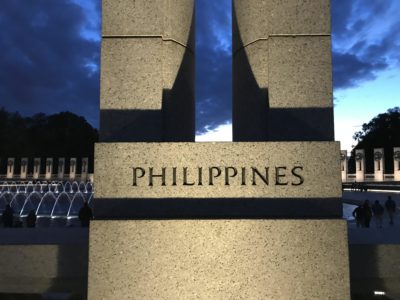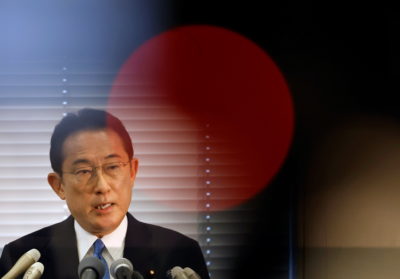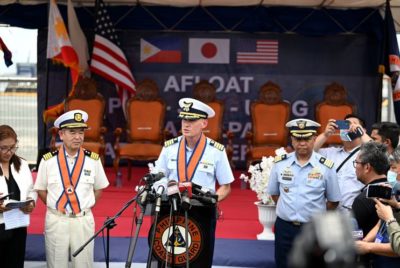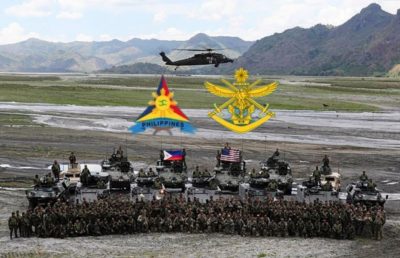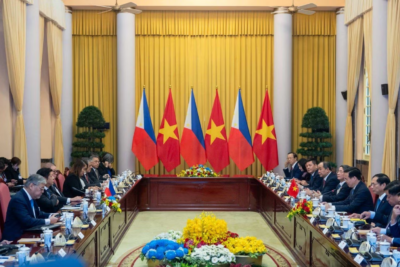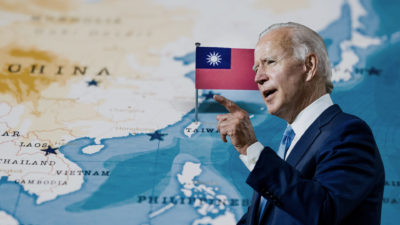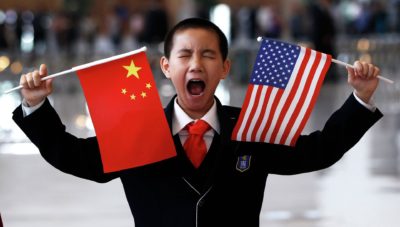Archives Philippine - Page 2 of 3 - New Eastern Outlook
Washington’s Political Capture of the Philippines: A Former Colony, a Future Proxy
Tensions continue to grow in the Asia-Pacific region and more specifically in the South China Sea, where China faces off against the United States and its collection of regional proxies including Japan and Australia. While the US claims these growing tensions stem from China’s desire to undermine “freedom of navigation” and stability in the region, it is instead part of a decades-long US policy of containing China…
Intensifying Japan's security co-operation with Asia-Pacific countries
Japan is currently facing a number of serious political and economic challenges, forcing the country’s political-military leadership to respond accordingly. On January 30, Prime Minister Fumio Kishida presented an extensive policy report on the Japanese government’s plans for 2024 at the regular session of the country’s parliament, which meets once a year. In the foreign policy section, Fumio Kishida outlined the following trunk lines…
JAPHUS - another US move to dominate the APAC
Just a few years ago, the US and its allies made a strategic decision to increase their presence in the Pacific Ocean region. After the “agreement of the century” with Australia in 2021 to lay down a shipyard for the construction of Virginia-class nuclear submarines, the Americans placed emphasis on developing military cooperation with the countries of Southeast Asia. A Japan-Philippines-U.S. (JAPHUS) trilateral alliance with similar strategic goals to AUKUS and an even larger geographic scope is in the process of being established…
